Here’s why you need a holiday…


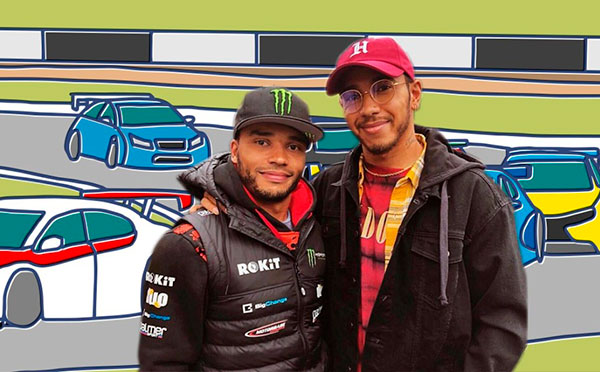
Back in 2017, a young man arrived at the BigChange office in Leeds to give a Motivational Monday talk.
He wowed the team here with his story. Born with cerebral palsy, his parents were told he would never walk. But, even as a young boy, he displayed the resilience that marks him out as an exceptional human being. He went to a school for the able-bodied, and worked hard every day to manage his condition so that he could walk alongside his peers.
When he got to secondary school, he had to carry a heavy school bag, and found himself struggling to keep up with classmates who ran between lessons, so he decided to try a wheelchair.
Four years later, the muscles in his legs had wasted away and he was no longer able to walk. But he refused to give up. He taught himself to walk all over again, putting himself through a gruelling regime of stretches and exercises. I can’t imagine how difficult it must have been to stay inside stretching at break times while his friends had fun and chatted outside.
All of this alone is enough to showcase this man’s indomitable spirit. But his story didn’t end there.
Nic Hamilton has gone on to follow his brother Lewis into the world of racing. He has never let his condition stand in his way, and has competed in some of the industry’s most prestigious events, including the Renault Clio Cup series. He has to work harder than any other driver in the sport – a simple acceleration or use of the brake can cause him immense discomfort. “I think of myself as a Paralympian competing in the Olympics,” he once told me. “There is no one else like me in this sport, doing what I’m doing.”
That chance meeting, four years ago, was the beginning of an amazing relationship between Nic and BigChange. I am proud to say Nic is now an ambassador for the business, and still engages with the team here on topics like resilience and the power of never giving up. He also goes out into the community and talks about our shared values: our commitment to road safety, the importance of building an inclusive society, and our passion for making a big change in the world.
I wanted to talk about Nic today because I think that his story has never been more relevant and important. Many young people are feeling disenfranchised as a result of the global health crisis. Nic is an example of what can be achieved when you keep the faith and never give up. He wasn’t born into privilege: both he and Lewis are self-made men, who have worked hard to get where they are today. At BigChange, we prize that spirit and determination very highly.
As a CEO, I think about the purpose behind this business every single day. I know that when people meet Nic, and hear about his extraordinary life, they will know exactly what we stand for as a company. As a Board Member of Business In The Community, I was delighted when Nic agreed to give a talk for the charity at a school in Bradford, in partnership with the Prince’s Trust. The kids were blown away by his strength, authenticity and humour.
Nic has all the qualities I admire. At BigChange, we want to support the doers, give equal opportunities to all, reward hard work, consistently strive to be at the top of our game, and try and make the world a better and fairer place any way that we can.
We recently pledged to continue supporting Nic’s career and upcoming races; it has been thrilling to see him compete in recent years. It has been an absolute privilege to be involved in his journey in some small way, and to watch his career unfold. I know that great things lie in store for Nic and I just wanted to express my gratitude to him for a wonderful partnership. Thanks, Nic. You are the best.
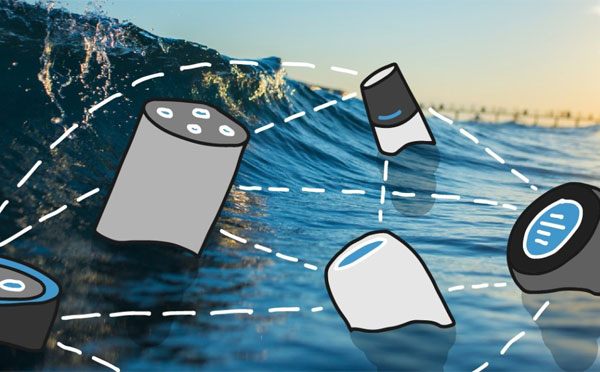

I have been passionate about employee ownership for years. For me, giving your team a stake in the business is the ultimate way to grow faster, deliver a better service, and maintain an incredible company culture. The “John Lewis” model hit headlines after the financial crisis, when the government was trying to encourage the private sector to embrace a more inclusive stakeholder model. At that time, BigChange had already created its own employee ownership scheme.
Over the years, the scheme has grown and grown. Initially, just the management team had a slice of the company. Now, all my longstanding colleagues have a stake in the business, either through shares or via our “exit bonus” scheme. The minimum stake is worth £5,000 and I intend to deliver a 10x return on that investment within the next three to five years.
A lot of the team received an exit bonus during our last round of fundraising. This was a huge boost to morale when the UK was in the grip of lockdown and pandemic uncertainty. One colleague made 30x his investment when Great Hill Partners came on board. It makes me so proud to be able to reward everyone’s hard work, positivity and brilliant ideas, using our success to create holiday funds, home deposits and nest eggs for my incredible colleagues.
As an entrepreneur running a fast-growth business, you have to stay focused on three things: the hiring and retention of talent; the preservation of company culture; and innovation in all its forms across the business. When you have an engaged and incentivised workforce, these three things become that much easier to achieve. I hope that everyone who works at BigChange sees that everything they do to contribute to the company’s success ultimately translates into real value for them, way beyond their monthly pay cheque.
According to McKinsey, the global consultancy, creating an engaged company culture improves performance by between 30% and 79%[1]. I am biased, but I definitely feel like the team here performs at a consistently high level. I am in awe of the talent I see at BigChange every day. Here, no one suffers from tunnel vision. Teams help other teams across the business because their wins are to everyone’s benefit.
Employee-owned businesses also typically do much better than their peers during times of crisis. Research by Cass business school found that during the last recession, employee-owned businesses had a higher rate of sales growth and job creation than companies in conventional ownership[2]. A government paper also found that businesses which offer employee ownership are also much better at long-term thinking, making decisions for the enduring health of the company and avoiding short-termism[3].
It is my ambition to follow in the footsteps of technology greats like Microsoft, helping to give true financial independence to the people who drive our growth and prosperity. And we are well on our way. In the two months since we received investment from our new backers, BigChange’s £100m valuation is up by 10%. All credit to GHP who understood and supported our employee ownership structure from day one.
I now own 23% of the business, and GHP owns over 60%, the balance is owned by the BigChange team. If we hit £1bn in enterprise value, some of these people will become very wealthy indeed. In 10 years’ time, I hope to have created many millionaires. We all work hard here at BigChange but we all do it because we’re more than just a faceless organisation; we’re a family. We’re a team. We’re all united by the same common goals and dreams. That makes us unstoppable.
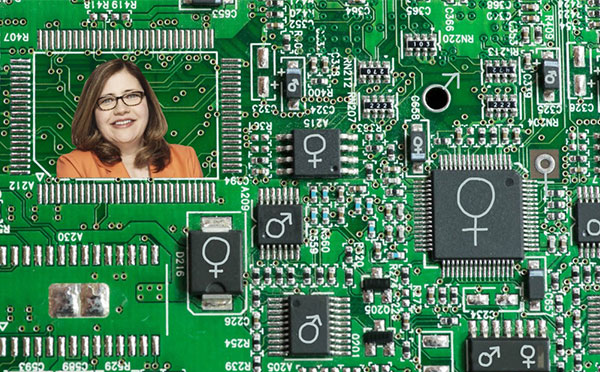
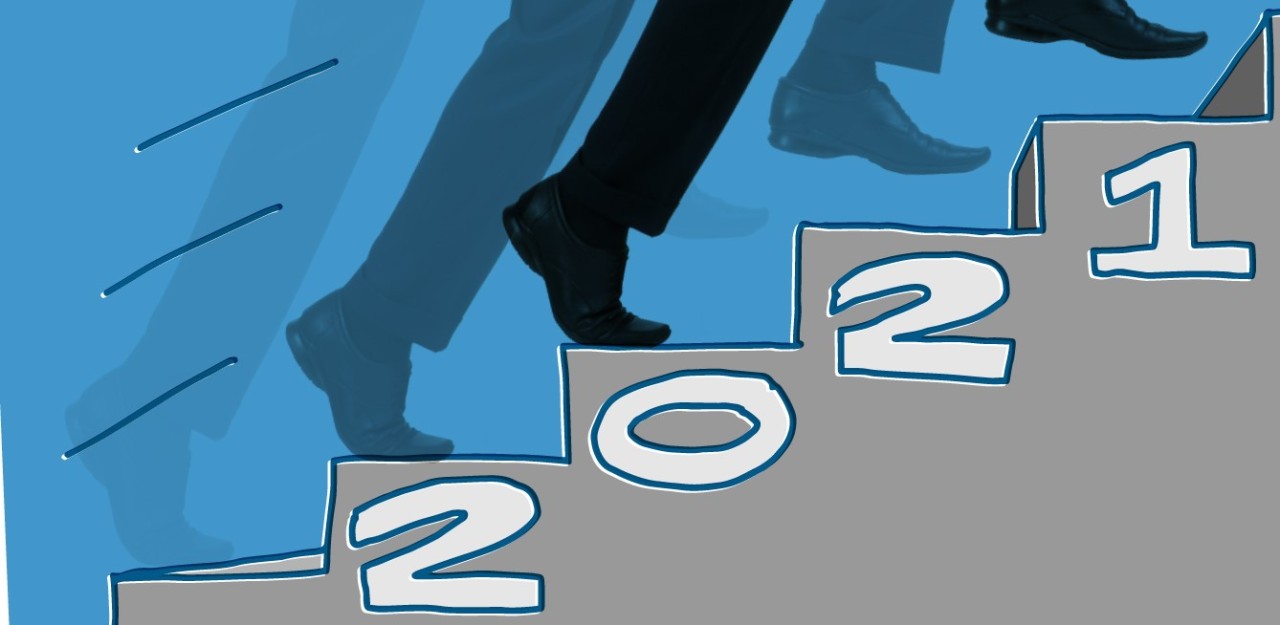
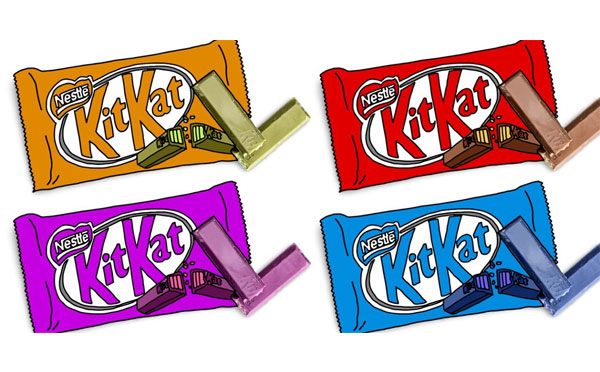
25th March 2021 – Quick question for you. How many flavours of KitKat are there?
If you think you can count them all on your fingers, starting with the Chunky and adding the odd seasonal “special”, prepare for a shock… It is likely that the number tops 2,000 or more.
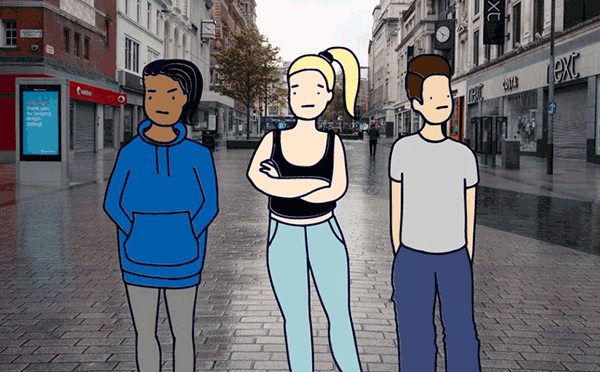
18th March 2021 – When I was 11 years old, my father would take me to work at his auctions. We travelled all over the UK and the hours were punishing but I never grumbled at the time.
Continue reading “It’s time to stoke the ambitions of young people”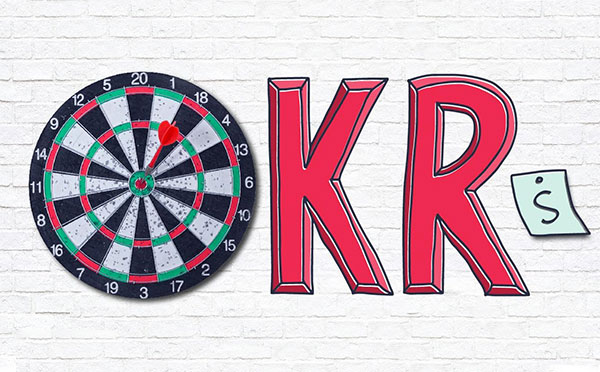
12th March 2021 – It’s a strange quirk of history that John Doerr isn’t a household name. Technophiles, entrepreneurs and management experts have heard of him, but otherwise he remains relatively obscure.
Doerr is a venture capitalist – he backed Google in the early days. But what really makes him interesting is his other contribution to the success of the internet giant – and countless other companies and organisations besides.
Doerr introduced Larry Page and Sergey Brin to a system for driving and managing growth that has ultimately led Google to become one of the most valuable companies in the world.
He is the promoter of a management methodology called Objectives and Key Results – OKRs for short. Don’t let the bland title fool you: this is the stuff of legend. The full explanation is in Doerr’s book Measure What Matters – which I’ve just finished reading – but here’s the short version.
OKRs are a way of focusing the efforts of everyone in your organisation on the same important things that generate growth. The “Objectives” are the goals – achievable yet inspirational. The “Key Results” are how you know you’re making progress towards those goals. These are always number-based, measured regularly, and a combination of short-term and long-term ambitions.
Doerr describes OKRs as “a vaccine against fuzzy thinking”.
Regular readers of this blog will know that BigChange recently took on a strategic investor, and that we are now on a growth journey that I believe will take us from a valuation of £100m to £1bn.
OKRs will be vital in the pursuit of this ambitious goal.
There are key results associated with each of these goals. Everyone in the management team has their own list of OKRs, and we have processes in place to keep all of us accountable.
The idea is to distil everything we want to achieve into a structured approach. Don’t make the shopping list too long: the team needs to feel excited and empowered to reach these goals, not overwhelmed.
Alongside Google, Intel, the Gates Foundation – even U2 – have used OKRs to achieve their goals. It is so humbling to be taking our first steps along this journey.
I’ve shared these OKRs with you, so that any other business owners interested in this process can get some insight into our approach. I’d love to hear about your experiences with OKRs too. In a few years, I hope I look back at this post and think, “That was the turning point. The time our growth trajectory reached a new level.”
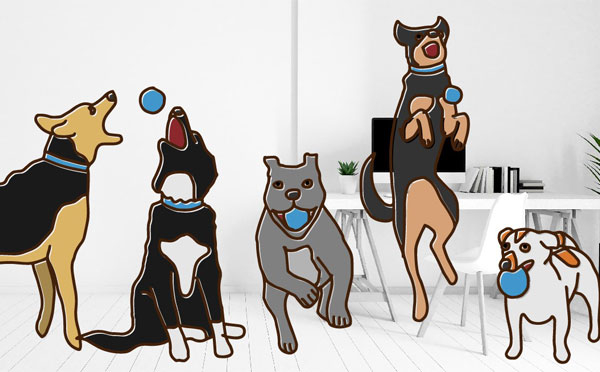
4th March 2021 – Diversity in the workplace is a big topic right now and when it comes to gender, racial and cultural diversity, many British companies are committed to making positive change. But there is still one workplace taboo that has yet to be tackled: age bias.
Continue reading “You’re never too old to learn – or are you?”